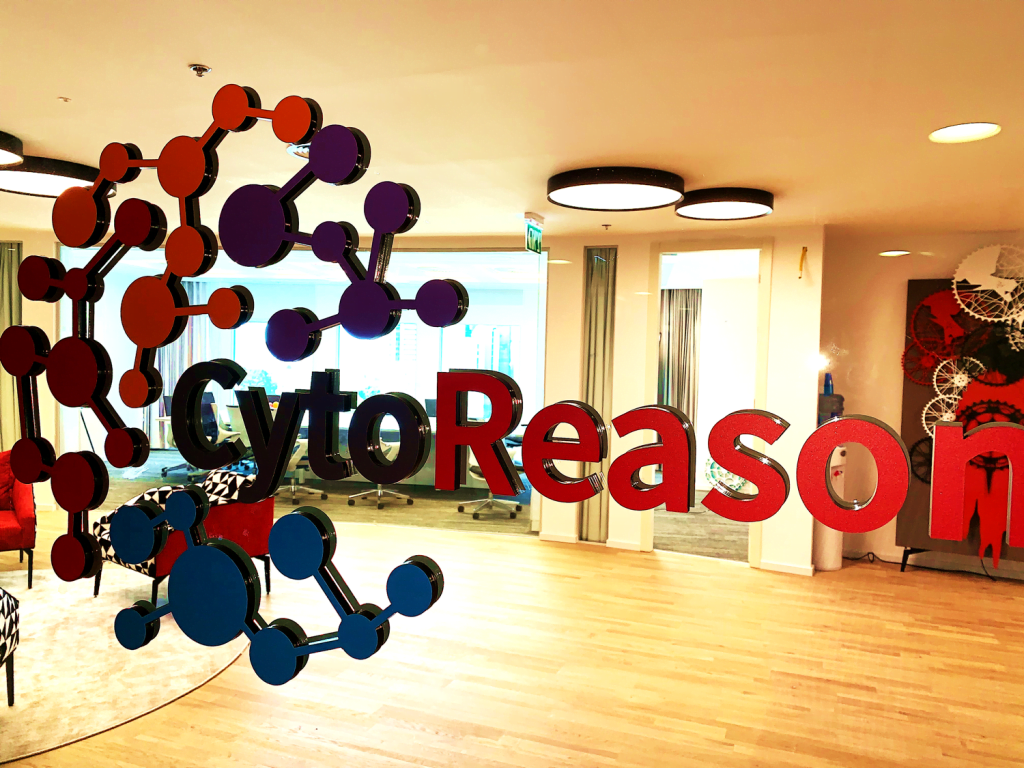Israeli biotech startup CytoReason announced Wednesday that it is collaborating with German multinational science and technology company, Merck KGaA, Darmstadt, Germany, to profile one of its leading immuno-oncology drugs.
Established in 2016, CytoReason is an AI company developing computational disease models of the human immune system for discovery and clinical drug development, and it will use its machine learning platform and proprietary computational disease models to verify Merck KGaA, Darmstadt, Germany’s therapeutic hypothesis, providing a deeper analysis of the drug’s mechanism of action (MoA).
The company will analyze data from hundreds of patients from phase 1 and 2 studies to identify relevant patient populations, as well as prioritize tumor types for which the drug may be most effective against.
Indeed, CytoReason’s AI technology allows scientists to gather crucial information about the body’s immune functioning via a computer simulation. The company specializes in inputting as much data as possible into its program, to predict (as accurately as possible) what the likely effect on the patient would be.
“We are thrilled to be working with the talented team at Merck KGaA, Darmstadt, Germany,” said David Harel, CEO and Co-founder of CytoReason. “Merck KGaA, Darmstadt, Germany’s rich medical database and expertise in immuno-oncology will enable us to help create more accurate models of the disease with CytoReason’s advanced AI technology. This collaboration might help identify which type of tumor the drug will be most effective for, and has the potential to save the lives of millions who suffer from cancer.”
CytoReason has signed agreements with numerous other mutlinational pharmaceutical companies. In January 2019, the Israeli company penned a collaboration agreement with Pfizer that leveraged the startup’s cell-centered models of the immune system. Although exact details of the agreement were not released, CytoReason was set to receive from Pfizer payments potentially equaling up to low double digit millions of US$ for technology access fees, research support and certain success-based payments.
Related posts

Israeli AI Safety Tool Among TIME’S Best Inventions For 2024

TAU Team Discovers Mechanism To Eliminate Cancerous Tumors

Ashdod Port Investing In Startups As Part Of Innovation Strategy




Facebook comments